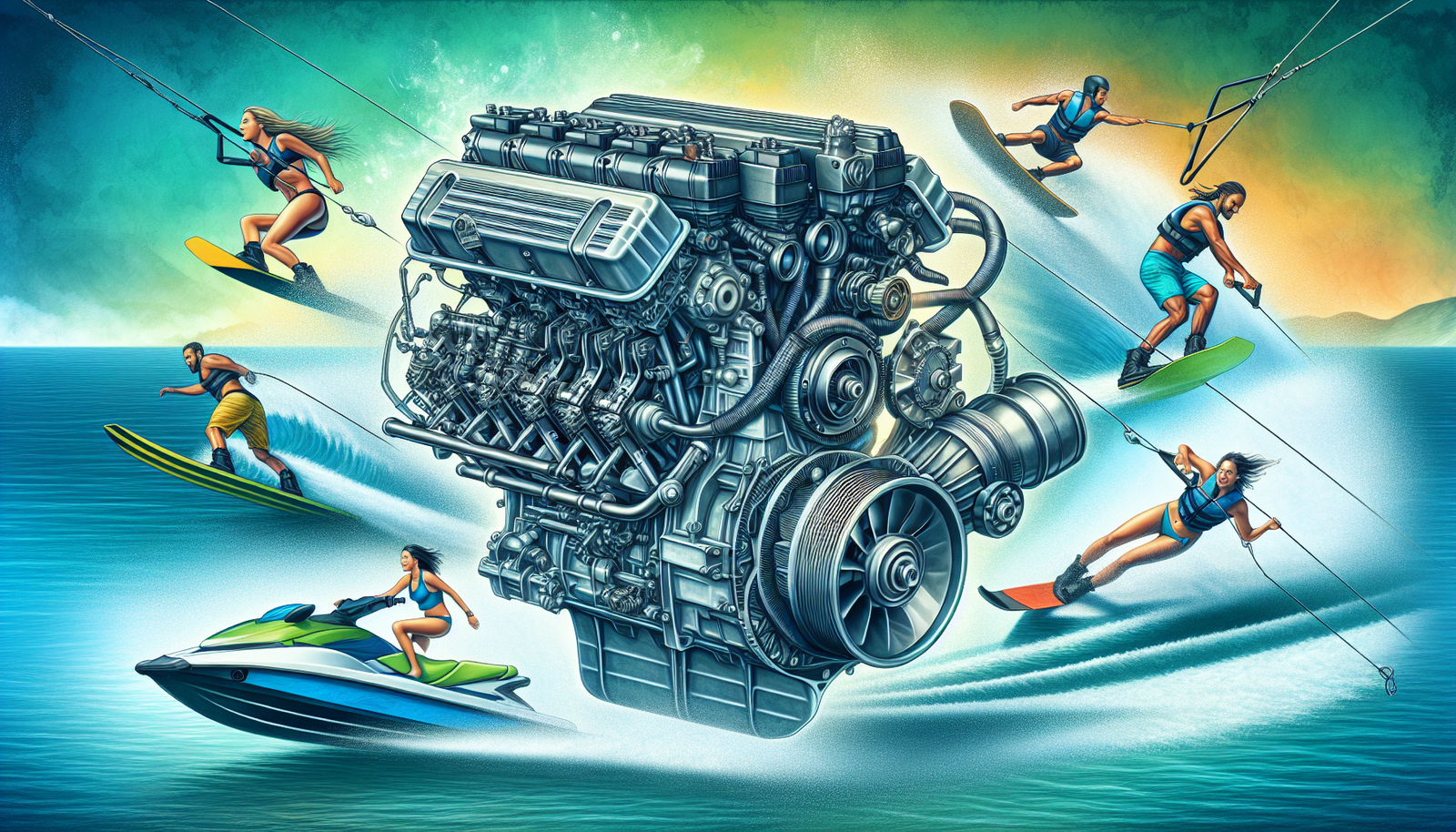Picking the perfect boat engine for watersports can be quite a challenge, especially if you’re unsure about what exactly to look for. This handy guide, “Expert Tips For Choosing The Right Boat Engine For Watersports”, breaks down essential tips and factors you need to keep in mind. Skimming through the advice from experts in the field, you’ll learn all about engine type, horsepower, inboard versus outboard engines, fuel efficiency, and reliability considerations. With this knowledge, you’ll be equipped to make an informed decision tailored to your watersports needs.
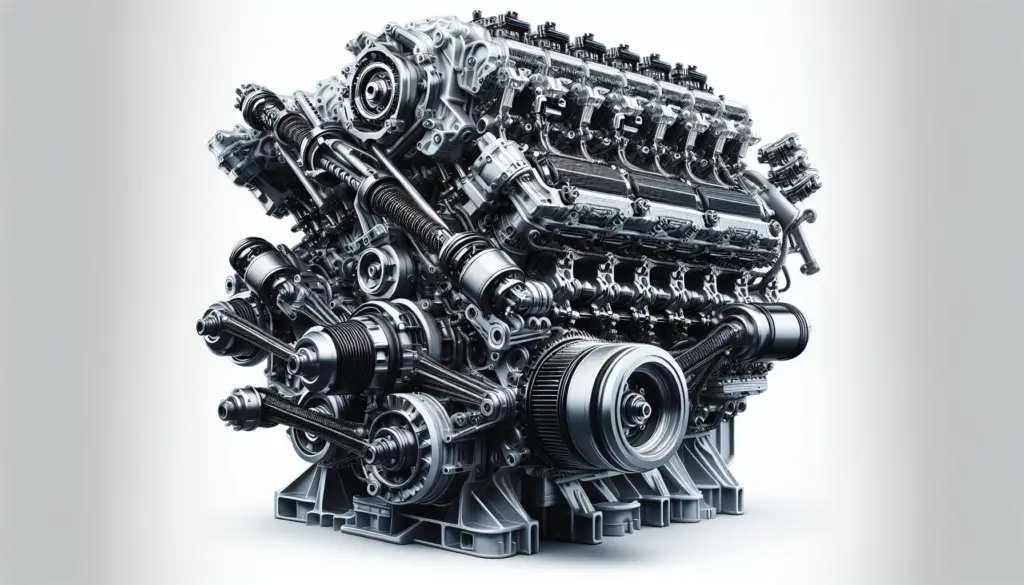
Understanding the Types of Boat Engines
When you want to get into watersports, the first thing you need to do is to understand the types of boat engines. The type of engine you choose can greatly influence your overall experience. They come in a variety of forms, including inboard, outboard, sterndrive, and jet engines.
Inboard Engines
Inboard engines are installed inside the hull of the boat and are connected to a drive shaft that passes through the hull. They are generally bigger, more powerful, and quieter. Therefore, they are usually found in larger, ocean-going vessels.
Outboard Engines
Outboard engines are attached to the back of the boat, outside of the hull, making them easy to access for maintenance. Generally, they are used on smaller vessels like fishing boats and speed boats. They are lighter, portable and have a wide range of horsepower options.
Sterndrive Engines
Sterndrive engines, also known as inboard/outboard engines, offer a balance between inboard and outboard designs. The motor is placed inside the hull, while the drive unit is outside. This configuration provides good balance and better handling at high speeds, making them popular for watersports.
Jet Engines
Jet engines for boats are less common, but they offer an exciting and unique experience. Instead of propellers, they use an impeller to draw water into a pump and then expel it out in a powerful jet, thrusting the boat forward. This makes them more safe and agile, especially at high speeds.
Identifying Your Watersport Needs
Before choosing a boat engine, it’s essential to identify your watersport needs.
Types of Watersports Activities
Different activities require different types of boat engines. For example, water skiing or wakeboarding typically need a boat with a strong wake, which might be achieved with an inboard engine. On the other hand, for fishing, you may prefer an outboard engine for its maneuverability.
Understanding the Power Needed for Each Activity
Each activity requires a different amount of power. For instance, cruising around a calm lake may only need a medium-powered engine. However, competitive speed boating will require a much more potent engine.
Number of Participants
The number of people you plan on having on your boat can also influence your engine choice. A more powerful engine will be needed to move a heavier boat loaded with passengers.
Considering the Size of Your Boat
The size of your boat greatly affects your engine choice, influencing both power and efficiency.
How Boat Size Affects Engine Choice
Larger boats require more powerful engines to move them through the water. In contrast, smaller boats can get by with less powerful engines, and using an overly powerful engine on a small boat can lead to instability.
Impact of Boat Weight on Engine Performance
The weight of your boat also influences engine performance. A heavier boat might struggle to reach higher speeds with a less powerful engine.
Ideal Engine Power for Different Boat Sizes
The ideal engine power varies for different boat sizes. For instance, a small to medium-sized boat may do well with an engine in the range of 15 to 75 horsepower, while larger boats will need engines with much more power.
Fuel Efficiency Considerations
Fuel efficiency is another vital factor to consider when choosing a boat engine.
Comparing Petrol and Diesel Engines
Diesel engines are often more fuel-efficient than petrol engines, but they’re also usually more expensive. Petrol engines, while less efficient, are generally cheaper and more widespread.
Importance of Fuel Efficiency in Watersports
Fuel efficient engines can save you money in the long run, especially in watersports that require long periods of engine running time. They also have a positive environmental impact.
Tips to Improve Engine Fuel Efficiency
Ensuring proper maintenance, not overloading the boat and operating at optimal speed can improve your boat engine’s fuel efficiency.
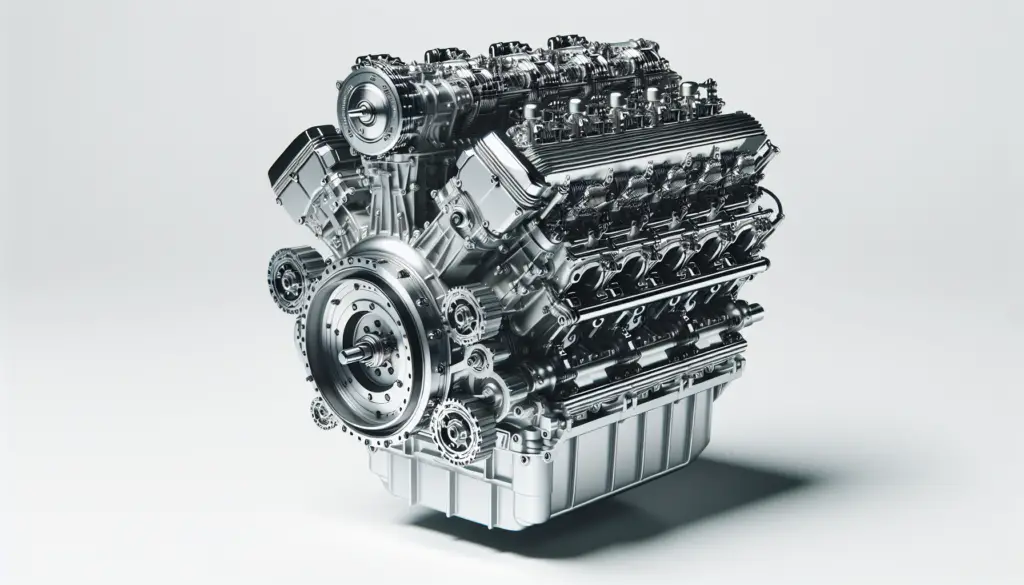
Maintenance and Durability of Boat Engines
Different engine types offer different lifespans and require differing levels of maintenance.
Comparing the Lifespan of Different Engine Types
Inboard engines typically last longer than outboard engines, primarily due to their more sophisticated cooling systems. However, with proper maintenance, outboard engines can also have a long lifespan.
Regular Maintenance Tasks
Regular tasks such as changing the oil, checking and replacing spark plugs, and replacing fuel filters can go a long way in ensuring the longevity and optimal performance of your engine.
Factors Affecting Engine Durability
Factors such as the quality of maintenance, frequency of use, and the type of water (freshwater or saltwater) can significantly affect engine durability.
Performance and Speed Criteria
Speed and performance are crucial aspects when choosing a boat engine for watersports.
How Engine Type Affects Speed and Performance
Inboard engines, for example, offer steady, reliable power making them ideal for sports like water skiing. Jet engines, on the other hand, provide a quick, exhilarating ride, perfect for thrill seekers.
The Role of Horsepower in Speed and Acceleration
The more horsepower an engine has, the greater the potential for speed and quick acceleration, making high horsepower engines perfect for competitive watersports.
Balancing Speed and Stability in Watersports
While speed is important, don’t overlook stability. A balanced boat not only makes for a more comfortable ride but is also safer.
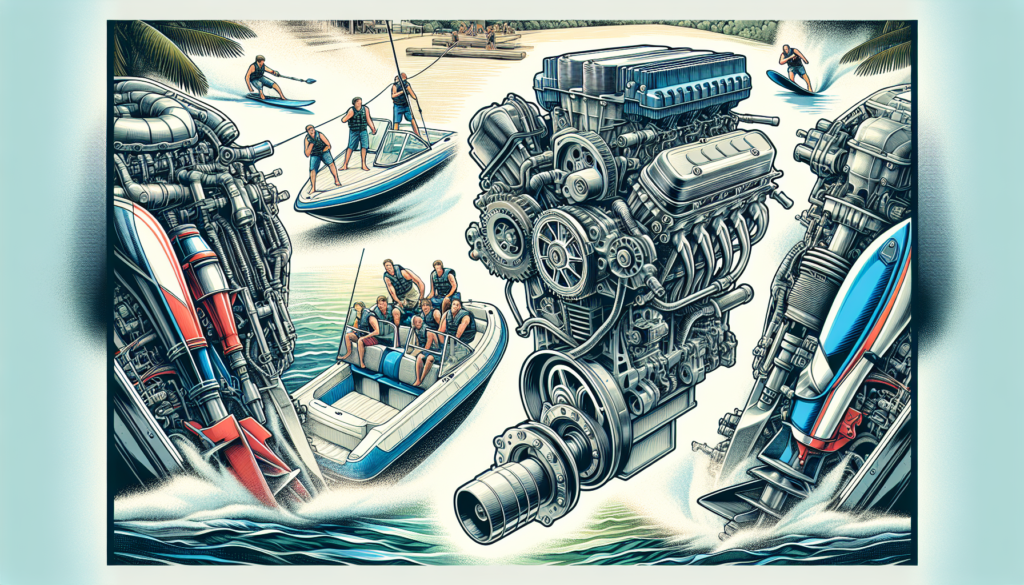
Noise and Vibration Issues
Another factor to consider is how much noise and vibration your engine will produce.
Impact of Engine Noise and Vibration on Comfort
Excessive noise and vibration can make your time on the water less enjoyable. Some engine types, like inboard engines, are usually quieter and produce less vibration.
Strategies to Reduce Engine Noise and Vibration
Proper maintenance, using the right type and size of propeller, and isolation mounting systems can help reduce engine noise and vibration.
Quietest and Smoothest Engines for Watersports
In general, inboard engines tend to be quieter than outboards. However, recent technological advancements have significantly reduced noise and vibration levels across all types of engines.
Understanding Marine Engine Technology
It’s also helpful to stay informed about the latest developments in boat engine technology.
Advancements in Boat Engine Technology
Modern boat engine technologies provide features like electronic fuel injection systems, variable valve timings, turbochargers, and more, which enhance performance, fuel efficiency, and longevity.
Beneficial Engine Features for Watersports
Features such as electronic throttle control, onboard diagnostics systems, and energy recovery systems offer enhanced control, reliability, and energy efficiency beneficial for watersports.
How Technology Enhances Engine Performance and Durability
Technology can boost engine power output, reduce fuel consumption, and enhance durability by minimizing wear and extending service intervals.
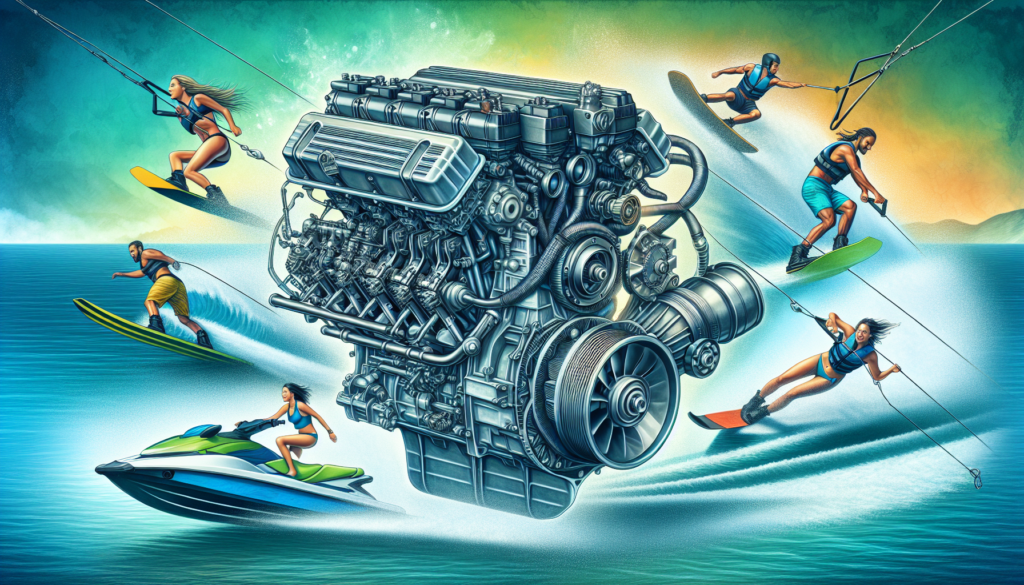
Environmental Considerations
Choosing an eco-friendly engine is not just beneficial for the environment but can also meet legal requirements in some regions.
Meeting Emission Standards
Many countries have strict emission standards that boat engines must meet. More efficient, modern engines generally produce lower emissions.
Choosing Eco-Friendly Engine Options
Today, there are more eco-friendly engine options than ever, including electric and hybrid models.
Impact of Engine Technology on the Environment
New engine technologies not only enhance performance and lifespan but also minimize negative effects on the environment, by reducing emissions and fuel consumption.
The Cost and Availability of Spare Parts
Lastly, the cost and availability of spare parts can greatly affect your boat engine’s long-term costs.
Benefits of Choosing a Common Engine Brand
Choosing a common engine brand means spare parts are likely to be more readily available and possibly cheaper due to high production volumes.
How the Cost of Spare Parts Can Impact Long-term Costs
High cost of spare parts can significantly increase the long-term cost of owning a boat engine. Thus, it’s worth considering before your purchase.
Availability and Accessibility of Spare Parts
Consider the availability of spare parts within your locale. If parts are hard to find, you may be unable to use your boat until parts are sourced, which can be frustrating and costly.
Taking these various considerations into account will greatly assist you in making an informed decision when choosing the right boat engine for your watersport adventures. Enjoy your time on the water, let the good times roll!

